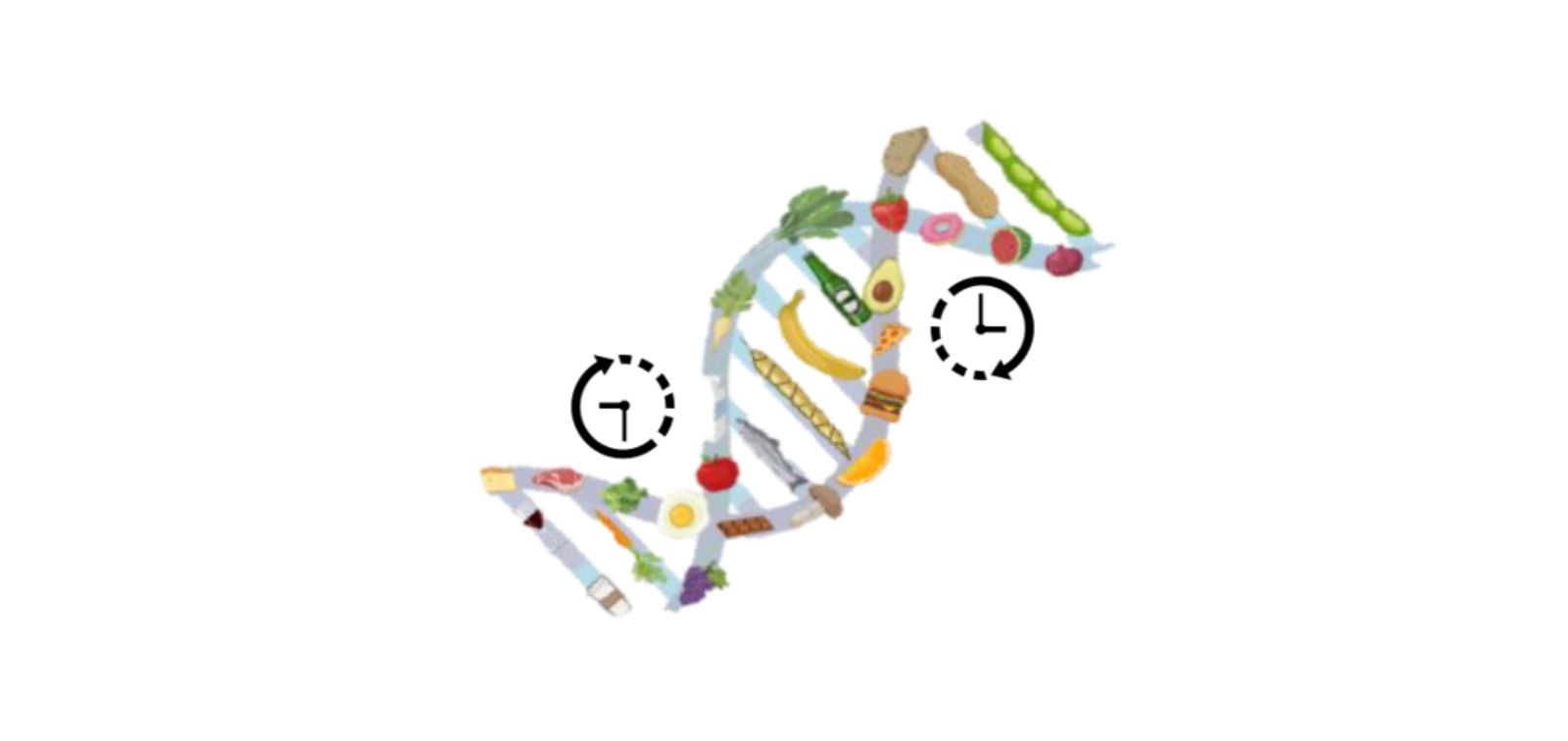- Duration
- 15/02/2024 - 14/02/2027
- Coordinator
- Camille Lassale
- Funded by
- La Marató de 3cat
Overview
Circadian rhythms, “around one day” in Latin, refer to the biological processes that exhibit a 24-hour oscillation, directing the physiological and behavioral functions of the body. These rhythms are driven by “internal clock” mechanisms that are programmed genetically and are also influenced by external factors such as light (the day-night cycle), food intake, or physical activity. Circadian disruption through mistimed 24-hour activities characteristic of the modern Western society, such as night shift work, late eating or reduced sleep, have been shown to increase the risk of cardiometabolic disorders, such as obesity, diabetes or cardiovascular disease. However, a lot of aspects of circadian behaviours, in particular food-related, need to be considered comprehensively to better understand their impact on health. These fall under the new term “chrono-nutrition”, which has gained a lot of interest in the last years, but solid studies to inform chrono-nutritional advice are lacking.
We aim to describe in detail these behaviours in a large population-based cohort of adults in Catalonia, GCAT, and relate them with cardiovascular health status of participants. This will provide evidence that can inform public health recommendations on chrono-nutrition.
Moreover, studies to better understand underlying molecular mechanisms are scant. A plausible hypothesis is that circadian disruptions have an effect on how genes are expressed, in particular in one mechanism that can control gene expression without affecting the genetic information, called DNA methylation.
We propose the first large-scale prospective study to describe chrono-nutritional behaviours and other circadian-related behaviour, and their effect on DNA methylation. We will then discover how this relates to cardiovascular health. If the identified circadian-related epigenetic markers are related to differences in cardiometabolic disease risk, this would indicate a possible mediating effect of methylation on the role of dietary circadian misalignment in these diseases.
Total Funding
300,000 €
Background
Circadian disruption associated with night work, late eating and reduced sleep have been shown to increase cardiovascular disease risk. However, studies to better characterize circadian behaviours —in particular chrono-nutrition— and understand underlying molecular mechanisms are lacking.
Objectives
To discover epigenetic markers of chrono-nutritional patterns and whether they lie on the causal pathway between dietary circadian misalignment and cardiometabolic disorders.
Methods
In a population-based cohort of adults in Catalonia (age 40-69y, n>8000), using advanced statistical methods we will define chrono-nutritional patterns including meal timing, fasting duration, time from last meal to bed time, and eating jet-lag.
We will assess the longitudinal associations between chrono-nutritional patterns and cardiometabolic traits and clinical CVD endpoints. On a subsample (n=500), we will conduct the first prospective epigenome-wide association study (EWAS) between chrono-nutritional patterns and blood DNA methylation at over 800,000 CpGs. We will study sex differences, and effect modification by chronotype and sleep patterns.
Finally, we will assess the causal associations between chrono-nutrition related CpGs and cardiometabolic outcomes.
Expected Results
Discovery of a list of CpGs related to chrono-nutritional patterns, made publicly available for future replication. Identification of actionable epigenetic targets marks related to CVD outcomes. The link between Chrono-nUtrition and cardiometabolic Disorders: an ePIgenetic perspective.
ISGlobal Team
- Mariona Bustamante
- Manolis Kogevinas
- Camille Lassale
- Joana Llauradó




